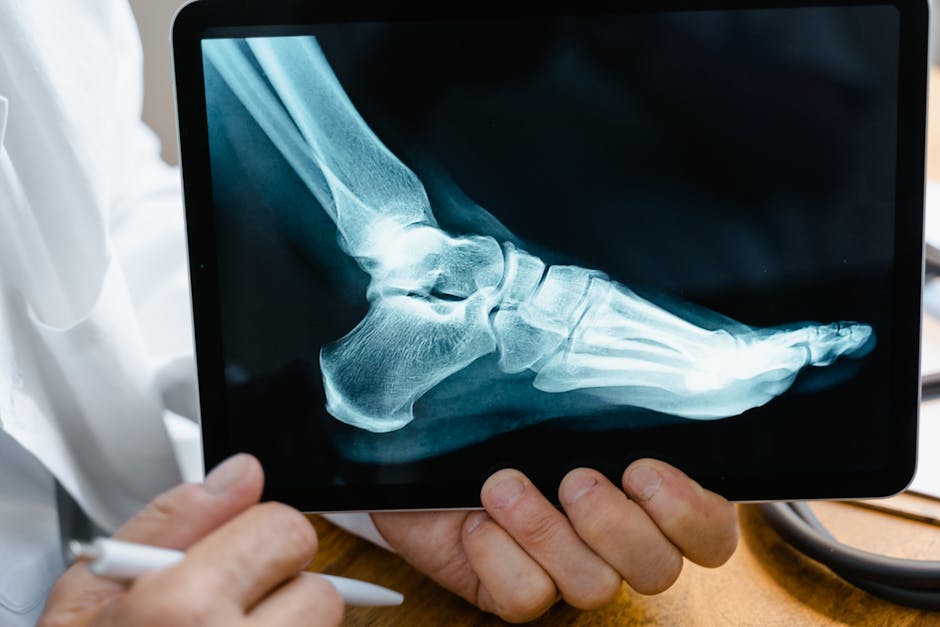The promise of personalized medicine tailored treatments based on an individual’s genetic makeup, lifestyle, and environment has captivated researchers and healthcare providers alike. This paradigm shift, driven by rapid advancements in technology, aims to move beyond a one-size-fits-all approach to healthcare, offering more effective and efficient therapies. But when will this revolution become commonplace? The answer is complex, intertwined with factors ranging from technological hurdles to societal acceptance and regulatory frameworks.
A crucial component in the widespread adoption of personalized medicine is the evolution of genomic sequencing technologies. Current methods, while powerful, are still expensive and time-consuming, a significant barrier to widespread application. Next-generation sequencing (NGS) platforms, capable of rapidly and cheaply identifying variations in an individual’s DNA, are rapidly improving. These advancements, combined with innovations in data analysis tools, are paving the way for more detailed and accessible genetic profiles. Moreover, the development of point-of-care diagnostics, akin to rapid antigen tests but for genetic information, promises to further reduce the time and cost associated with obtaining crucial genomic data. This development will be pivotal in making personalized medicine accessible to a broader population.
Beyond the genetic realm, another significant driver of personalized medicine is the ever-increasing capacity for collecting and analyzing various types of health data. Wearable technology, for instance, provides continuous monitoring of vital signs, activity levels, and sleep patterns. Such data, combined with electronic health records (EHRs), offers a comprehensive picture of an individual’s health status, enabling clinicians to make more informed decisions. This wealth of data, however, necessitates robust data security and privacy measures. The development of secure and ethical frameworks for handling and interpreting individual health data will be critical for building trust and driving adoption.
A critical aspect frequently overlooked is the need for robust data interpretation and clinical integration. Simply possessing genomic data is not enough. Clinicians must be trained to interpret the data accurately and translate the information into actionable treatment strategies. This requires a significant investment in education and training programs for healthcare professionals, equipping them with the expertise necessary to effectively use the insights derived from personalized medicine. The development of sophisticated algorithms and machine learning models capable of identifying patterns in complex datasets further enhances the potential of this approach. These tools can help clinicians predict disease risk, personalize drug dosages, and even identify optimal therapeutic combinations based on unique patient profiles.
Beyond the technical aspects, societal acceptance and regulatory frameworks play critical roles in the widespread adoption of personalized medicine. Concerns regarding genetic privacy, data security, and the potential for discrimination based on genetic predispositions must be addressed proactively. Establishing clear guidelines and regulations for data handling, genetic testing, and the interpretation of results is paramount. A transparent and accessible communication strategy with patients concerning the implications of their genetic information is vital. Public education initiatives and clear, user-friendly explanations of how personalized medicine works can help dispel myths and foster understanding.
Furthermore, the cost-effectiveness of personalized medicine will inevitably influence its adoption. While the cost of genomic sequencing is declining, the costs associated with the overall healthcare system, including the specialized expertise required for personalized treatment plans, must be assessed carefully. Addressing the affordability concerns by finding ways to ensure equitable access is critical. A potential solution could involve collaborative research efforts to streamline development and increase the scale of production, thus reducing costs and making the approach more accessible.
The development of new drug delivery systems tailored to individual needs is another significant facet of this revolution. Imagine medicines specifically formulated to target diseased cells, maximizing their effectiveness and minimizing side effects. This would require a complex integration of genomics, drug formulation, and advanced material science, but the potential is enormous. Pharmaceutical companies are already investing heavily in this area, pushing the boundaries of drug design and delivery.
In conclusion, the widespread implementation of personalized medicine is not a question of if, but when. Several technological advancements, coupled with robust societal frameworks, are critical in propelling this paradigm shift. While significant hurdles remain, the convergence of genomic sequencing, data analytics, wearable technology, and specialized training for clinicians is paving the way. Addressing concerns about data privacy, affordability, and ethical implications is crucial. By actively engaging in public education, fostering collaborative efforts, and implementing rigorous regulatory standards, we can expedite the transition to a future where healthcare is truly personalized. The future of healthcare is likely not years, but decades, away from widespread implementation.






